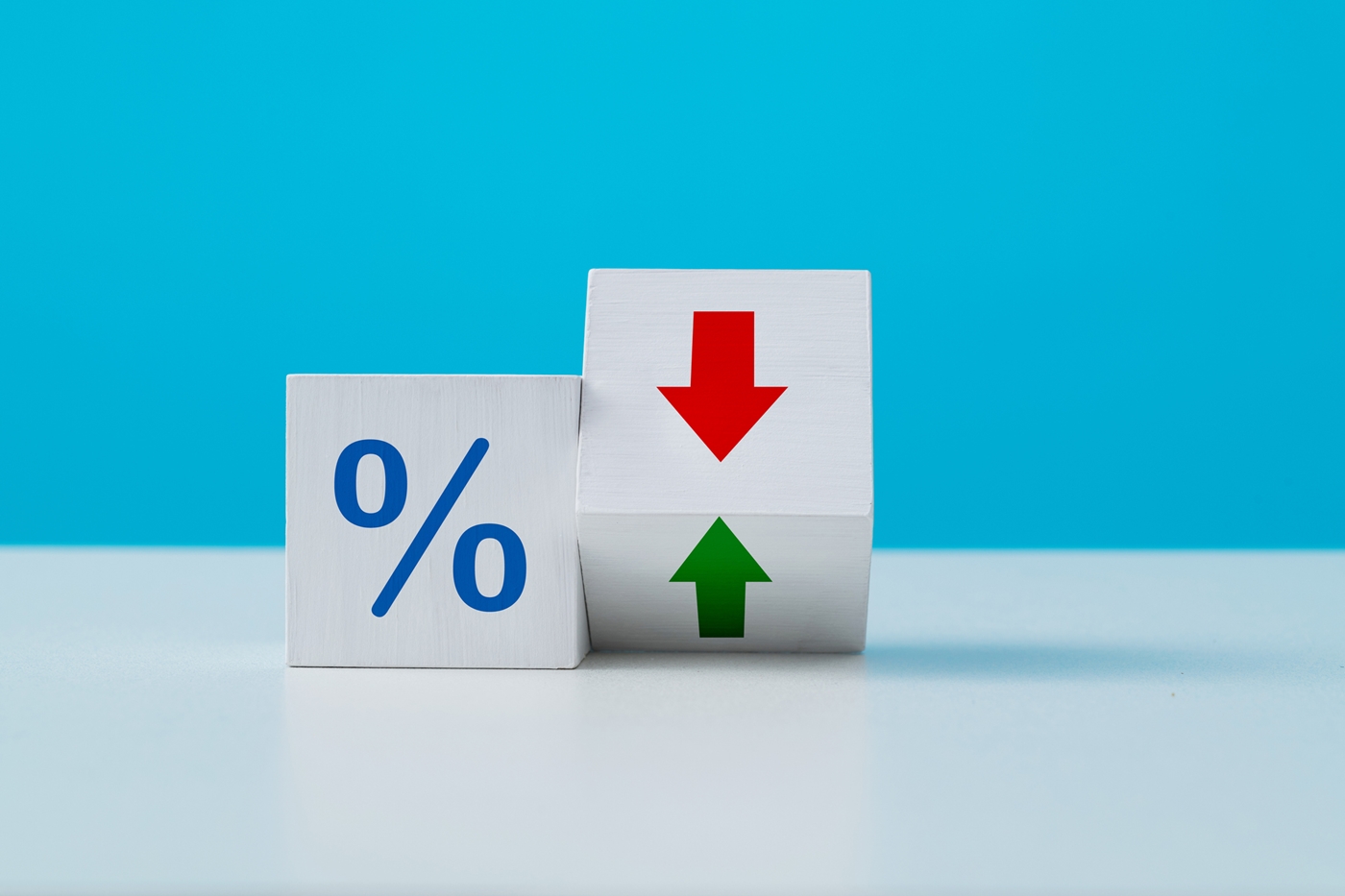The Bank of Canada’s benchmark interest rate is expected to fall back to around 3.00% by the end of 2024, according to a median of responses from market participants.
The findings were released in the Bank of Canada’s first-quarter Market Participants Survey, which surveyed 30 financial market participants between March 9 and 23, 2023.
A median of responses expects the Bank of Canada to maintain its policy rate at 4.50% for the remainder of 2023 before it begins to cut rates in 2024. Most expect rates to fall to 3.50% by the second quarter, and continue to fall to 3.00% by year-end. Expectations for the benchmark rate at the end of 2024 range from a low 2.50% to 3.50%.
The respondents also pointed to weaker housing markets as the top risk facing economic growth in Canada, followed by tighter financial conditions and tighter monetary policy.
The median forecast among participants points to a looming recession with GDP growth of -0.1% in 2023. On inflation, the participants expect total CPI inflation to slow to 2.7% by the end of 2023, easing further to 2.2% by the end of 2024.
GDP slowdown expected to keep the BoC on hold
Canada’s gross domestic product (GDP) grew by just 0.1% in February, less than the 0.3% growth expected and down sharply from the 0.6% reading in January.
In its Friday morning release, Statistics Canada also provided its preliminary estimate for March, which is expected to post a 0.1% month-over-month contraction.
Based on that estimate, annual GDP growth is expected to come in at 2.5% for the first quarter, roughly in line with the Bank of Canada’s current 2.3% growth estimate.
“Today’s GDP numbers corroborate the BoC’s recent guidance that monetary policy may need to be ‘restrictive for longer,’” wrote TD economist Marc Ercolao. “This doesn’t necessarily mean additional rate hikes are on the table, but it does provide further evidence that the start of rate cuts are less likely to occur in 2023.”
Ercolao said the Bank is likely to keep its benchmark rate unchanged at 4.50% for the entirety of 2023, “as lagged effects of interest rate hikes still need time to work their way through the economy.”
RBC now offering new FHSA
As we reported previously, National Bank was the first of the Big 6 banks to offer the new First Home Savings Account earlier this month.
RBC recently became the second, confirming in a press release that the account is now available to clients. “We wanted to make this account available as quickly as possible, so Canadians can start making their FHSA contributions and investing those funds, to begin their homebuying journey,” Erica Nielsen, executive vice president, Personal Banking & Investments, said in a statement.
The new registered plan allows first-time homebuyers to save up to $40,000 for the down payment on their home on a tax-free basis. Similar to the Tax-Free Savings Account (TFSA), funds in the account can be placed in a variety of investment vehicles, and can then be withdrawn tax-free as long as the funds are used for a qualifying first-home purchase.
RBC said the FHSA can be opened digitally through its RBC Direct Investing and RBC InvestEase platforms, via online banking, in person at a branch or by speaking with a financial advisor.
Fed rate hike expected next week
While the Bank of Canada’s next interest rate decision isn’t until June 7, markets will be focused on the Federal Reserve’s upcoming rate decision on Wednesday.
The central bank is expected to deliver one more 25-bps rate hike despite strong headline employment gains. That would put the Fed Funds Target at a range of 5.00% to 5.25%, 75 basis points above the Bank of Canada’s benchmark rate.
Observers say strong headline employment gains have masked some early signs of softening in hiring demand, including openings having dropped by over a million through February and March and a steady increase in initial jobless claims.
“Early signs of labour market weakness are suggesting more deceleration down the road, in both hiring and wage growth,” RBC economists wrote in a note to clients. “For now, unemployment remains very low and inflation is too high for the Fed’s comfort. But the central bank is likely still approaching the end of the current rate hiking cycle.”
Others say they will be watching the Fed statement closely for signs of its future rate path. “Will we get a clear signal that this is the last interest rate hike, or will the Fed leave the door open to further tightening in the coming months?” wrote economists from Desjardins.


